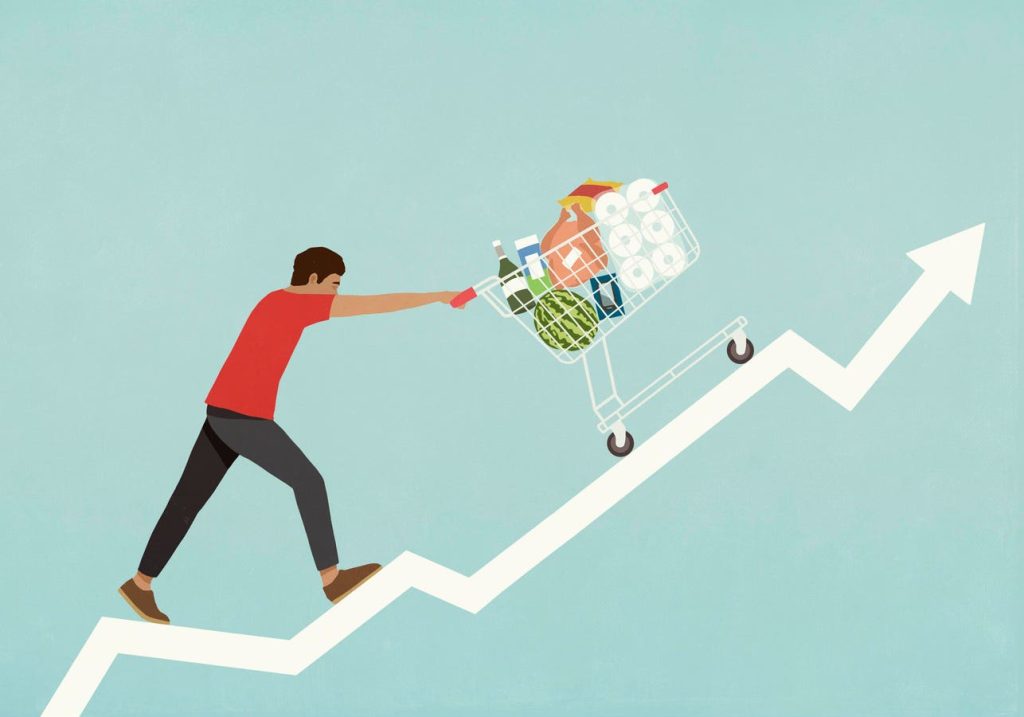Founder of the Latino Wall Street movement, Gabriela, emphasizes the importance of financial education in the Latino community, drawing parallels between the economic crisis in countries like Venezuela and the potential rise in inflation in the U.S. following the global pandemic. As inflation rates have been steadily climbing since 2021, reaching over 18% cumulatively, Gabriela highlights the difference between deflation and disinflation, with the U.S. currently experiencing the latter, indicating that inflation is still on the rise.
Drawing comparisons to the 2010 financial collapse in Venezuela, caused by factors such as excessive money printing, reliance on oil revenues, and poor fiscal management, Gabriela warns of potential risks in the U.S. economic landscape post-Covid-19. With the U.S. implementing stimulus measures and monetary easing to aid short-term recovery, similar to Venezuela’s early policies, concerns arise about the long-term impact on economic stability, family savings, and businesses.
Rising costs of basic needs like food and rent are increasing financial pressure on American families and small businesses, resembling Venezuela’s initial inflationary phase where families lost their savings due to currency devaluation. For U.S. entrepreneurs, rising costs and supply chain disruptions pose challenges to growth and innovation. The U.S. government’s attempt to stabilize prices raises concerns about potential inflationary pressures, erosion of consumer purchasing power, and fiscal sustainability issues, emphasizing the need for a balance between short-term challenges and long-term resilience.
In light of Venezuela’s economic turmoil, Gabriela stresses the importance of learning from past mistakes and urges U.S. policymakers to focus on enhancing economic productivity, fiscal responsibility, and effective targeting of support to vulnerable sectors. By reassessing spending priorities, reducing debt-financed stimulus, and adjusting monetary policies, the U.S. can avoid repeating Venezuela’s missteps and build a more resilient economic foundation. Collaboration between officials and financial professionals is crucial to address inflationary drivers, stabilize prices, and empower individuals with financial literacy and diversification strategies.
In conclusion, Gabriela emphasizes the importance of managing finances wisely, seeking cost-saving opportunities, and diversifying income and investment portfolios to hedge against inflation risks. By promoting fiscal discipline, collaboration, and financial literacy, the U.S. can navigate economic challenges, mitigate inflation’s impact, and pave the way for stability and prosperity. The involvement of experts, targeted interventions, and proactive mitigation strategies can help stabilize prices, shield consumers and businesses from rising costs, and ensure a resilient future for all citizens.


